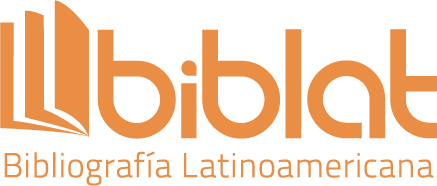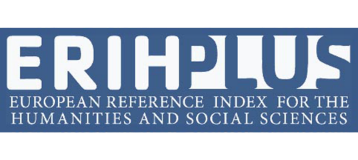Influence of self-efficacy and mastery beliefs on ICT mediation: an empirical study in engineering classrooms
DOI:
https://doi.org/10.37511/tesis.v16n1a8Abstract
This article emerges from the research "mediation and motivation in learning mathematics from two universities in the city of Manizales" Objective: Meanwhile, the objective of this article is focused on making known the main results of the research before mentioned focusing specifically on the belief of mastery, beliefs of self-efficacy and interest in the use of ICT. Methodology: (N = 156) university students participated. A correlational design with a descriptive-predictive scope was followed with a method of modeling structural equations with partial least squares (PLS-SEM). Results: the results showed significant relationships at the predictive level between self-efficacy beliefs with mastery beliefs and the latter with interest in the use of ICT. Conclusions: it is concluded that self-efficacy beliefs constitute an essential factor in the generation of domain-specific self-efficacy beliefs, as well as the interest generated in the management of a certain technology in the classroom learning processes. Similarly, it is considered that the deepening and generation of motivational strategies aimed at improving the beliefs supported in learning experiences that allow greater autonomy for involvement by students, can constitute a weight factor in the final interest that this develops towards a certain theme, mediation or active learning space.
Downloads
Downloads
Published
Issue
Section
License

This work is licensed under a Licencia Creative Commons Atribución-NoComercial-













